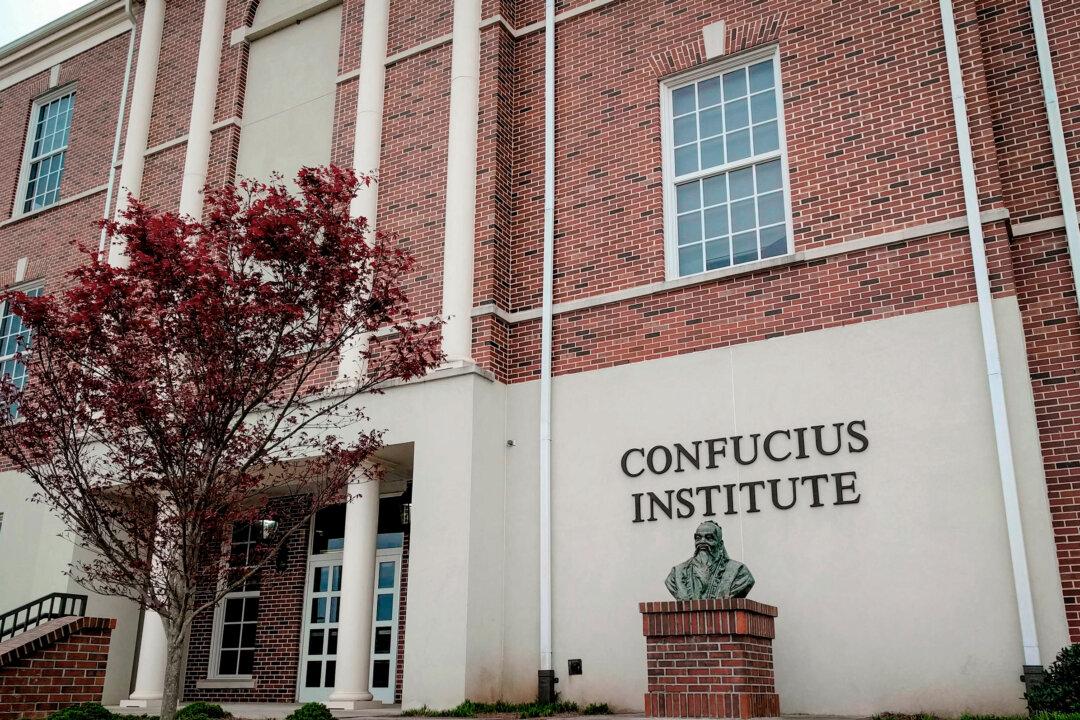The House on May 7 passed a bill that would ban the Department of Homeland Security (DHS) from providing grants to colleges and universities that partner with the entities of China’s ruling Chinese Communist Party (CCP).
By a vote of 266–153, the chamber passed H.R. 881, “DHS Restrictions on Confucius Institutes and Chinese Entities of Concern Act.” Every Republican present voted for the bipartisan legislation, along with 55 Democrats.





